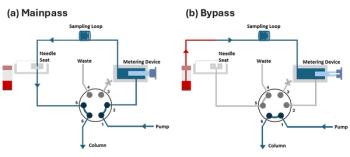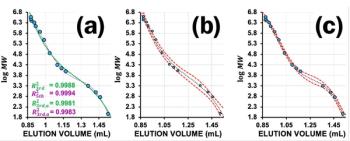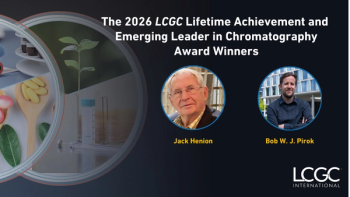
Afternoon Session: Advances in Liquid Chromatography I
This Monday afternoon session, which runs from 4:30 to 5:55 pm, will be kicked off by keynote lecturer Attila Felinger of the University of Pécs, in Hungary. Felinger will talk about reversed-flow liquid chromatography.
This Monday afternoon session, which runs from 4:30 to 5:55 p.m., will be kicked off by keynote lecturer Attila Felinger of the University of Pécs, in Hungary. Felinger will talk about reversed-flow liquid chromatography (LC).
Martin Gilar of Waters Corporation will follow, with a talk entitled, “What Can We Learn from Chromatographic Simulations?”
Oleg Krokhin of the University of Manitoba, in Winnepeg, Canada, will then talk about retention time predictions for peptides in strong anion-exchange HPLC, and the application of such predictions in two-dimensional LC–MS/MS separations that combine a strong anion-exchange step and a reversed-phase LC step.
The theme of computer tools will be carried on through the next talk, when Pankaj Aggarwal of Pfizer talks about the use of in silico tools for method development and robustness assessments of LC methods.
The session will wrap up with a talk by Ken Broeckhoven of the Free University of Brussels (Vrije Universiteit Brussel), who will address the question of where the limit of operating pressure lies in analytical scale liquid chromatography. In his work, Broeckhoven has demonstrated the use of very high operating pressure (up to 2600 bar) in ultrahigh-pressure LC (UHPLC).
The session will be chaired by Matthew Lauber of Waters Corporation.
Newsletter
Join the global community of analytical scientists who trust LCGC for insights on the latest techniques, trends, and expert solutions in chromatography.




